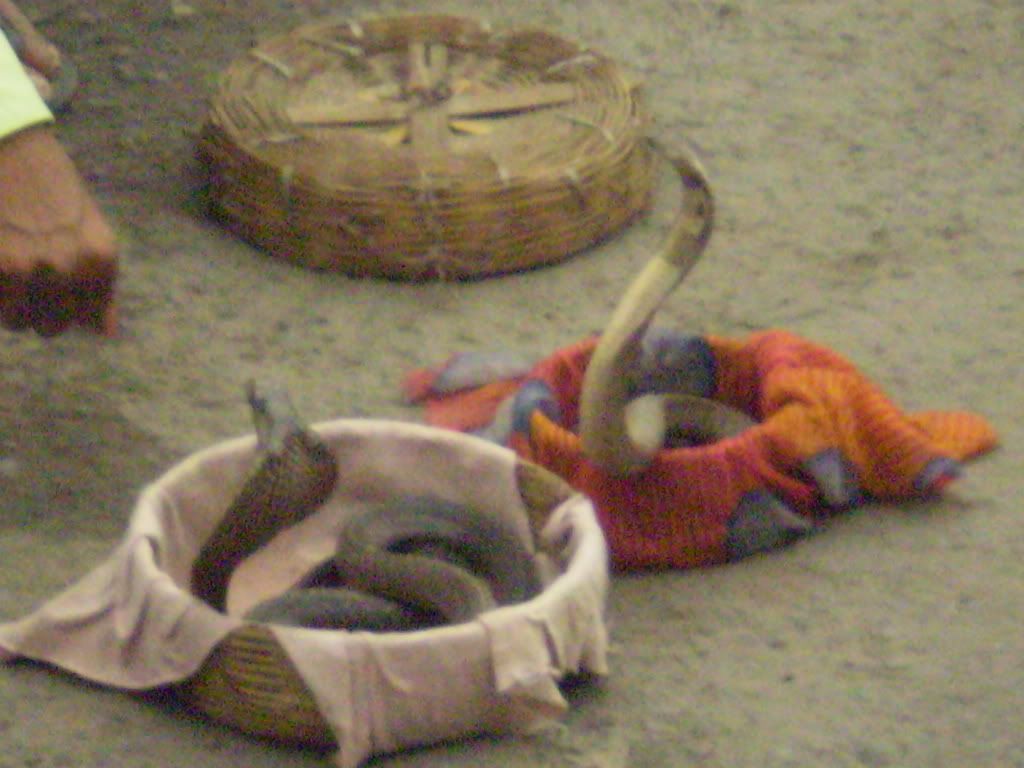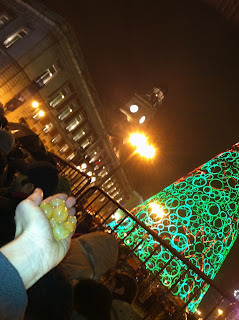July 24, 2007 - Kochi (Cochin), India


"That which does not kill us makes us stronger."
~ Friedrich Nietzsche
While participating in a biology lab I picked up a container with a massive viper snake preserved in formaldehyde. The lid was liberally placed on the top, so an ample wave of formaldehyde splashed out, onto my right hand. I stood there, eyes wide as saucers, mouth dropped open. The Indian teacher just smiled and stated, “it’s OK,” more worried about the specimen than me. A fellow U.S. teacher grabbed and led me into the washroom for thorough cleaning. There were at least fifty specimens preserved in this lab and students were working with them – all caps loosely placed.
In the U.S., formaldehyde preserved specimens are rarely used in public school classrooms, because of the cancer causing agents.
India prides itself on a history of non-conquering people within their own country. For thousands of years, differing tribes throughout the subcontinent have lived peacefully and with tolerance towards differences.
Kochi is a great example of a community that has accepted and embraced religious tolerance from Europe and the Middle East. We have seen Christian Churches and Jewish Synagogues, mixed in with the exotic Hindi culture which embraces many goddess and goddesses. Most people in this region are some type of Judeo-Christian faith.
One gentleman we met asked some of our names. We then asked his name, expecting a response of Murli, Rag, Girish, or something of the like. Instead, he responded in a thick Kerala accent, “Joseph”.
It has become clear, we're in a very different part of India.

